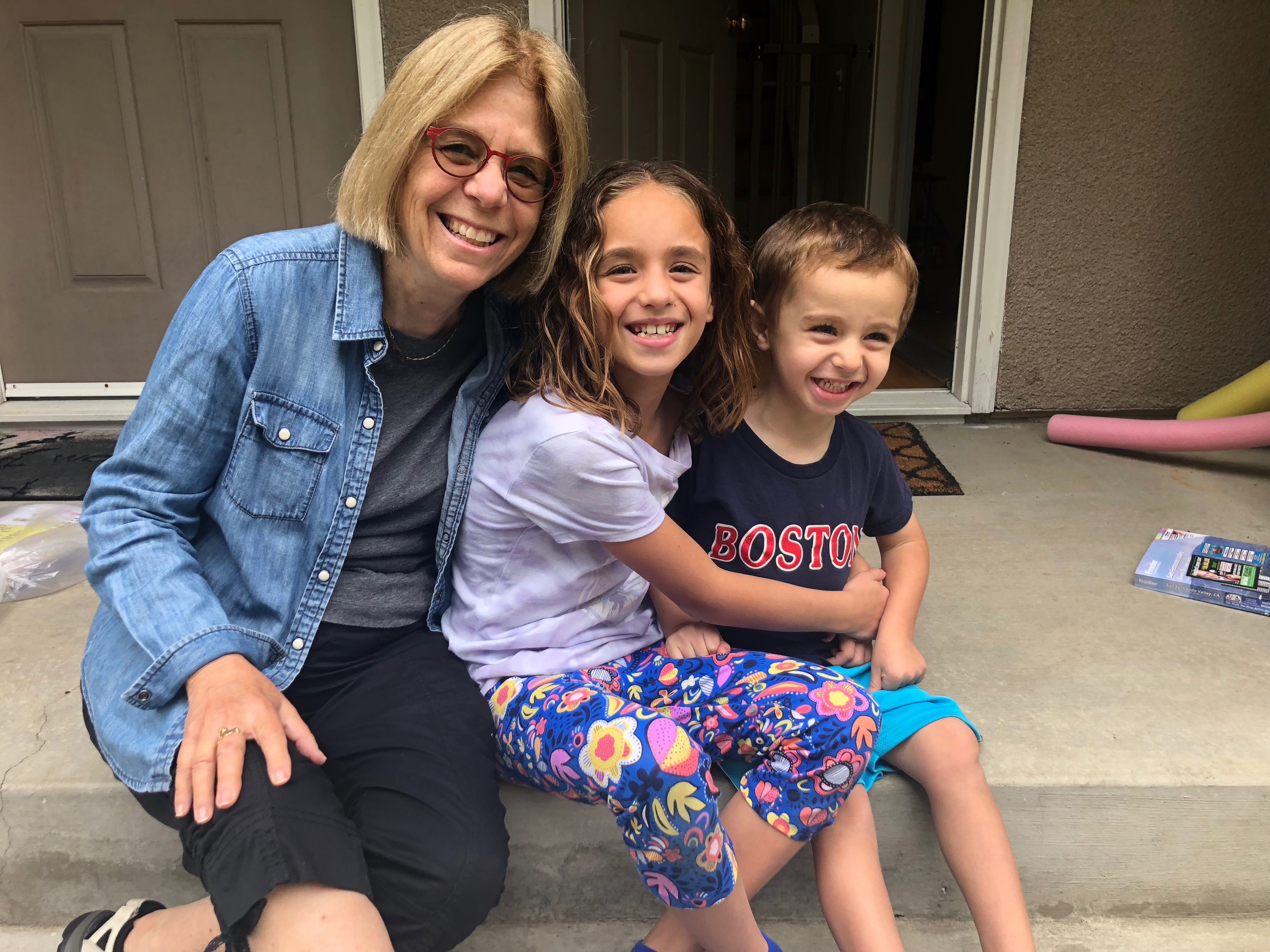
If you’re a Los Angeles Jewish community professional or you work in any major media organization that writes about issues of anti-Semitism and anti-Israel sentiment, chances are you not only have heard of, but also have worked with, Alison Rudolph Mayersohn — the Anti-Defamation League’s (ADL) Los Angeles deputy regional director.
Born in Westwood, Mayersohn has spent the past 15 years working at the ADL, but the 65-year-old officially hung up her hat on Oct. 19, after giving four months’ notice to her boss, Regional Director Amanda Susskind.
“That’s just like [Mayersohn],” Susskind told the Journal via telephone. “She said, when she gave her notice in July, ‘I’ll stay through your wedding.’ ” (Susskind married earlier this month.)
Susskind called Mayersohn, “The ‘A’ Team. I’ll miss her sunny disposition, her sense of humor. She often breaks into song in the office — not particularly in tune, but we love her for it.”
On a more serious note, Susskind said Mayersohn “runs the office better than I do when I’m not there. She can keep a lot of balls in the air.”
Asked to highlight one incident that summed up Mayersohn’s 15-year tenure, Susskind paused before stating, “The ADL’s Sherwood Prize for law enforcement officers who go above and beyond the call of duty to combat hate. [Mayersohn] is personally responsible for taking that to a great level of media awareness.”
In a separate interview with the Journal, Mayersohn also noted this as a highlight of her career.

Jewish Journal: How did you make the decision to retire?
Alison Mayersohn: I’d been thinking about it and full disclosure, I’m almost 66. I knew at some point I would retire and I kind of waited until it felt right.
I felt I had had a really good run both in the totality of my career and in my 15 years at ADL. I was ready to spend more time away from work. I hadn’t been ready when I turned 65. I really do want to spend more time exercising and what I would call body maintenance, and I hope that the last phase of my life is as healthy as possible. And I want to travel more. We have a total of six grandchildren around the country. I’d like to spend more time with them as they grow up.
JJ: What drew you to work at the ADL?
AM: I was at the Jewish Federation of Orange County for nine years, the last eight as director of marketing. I wanted to come back to Los Angeles. I wanted to use all of my media experience, because that’s definitely a skill set. I had done a lot of community organizing and [the ADL position] included that and I was particularly interested in issues relating to anti-Semitism and Israel.
JJ: Where did that interest come from?
AM: I grew up in a secular home and I became interested as a teenager in Judaism and then I went and minored in Jewish studies at UCLA, and a lot of my career was in the Jewish communal field. I had sought out involvement in the Jewish community for that feeling of community and sort of found a home in being a Jewish communal professional. It made me feel even more part of the community and I felt I was doing something valuable.
JJ: Were there any experiences in your ADL tenure that you found pleasantly surprising and conversely, anything that was shocking or overwhelming?
AM: When I [first] came here one of my colleagues said, “Many of us who come to work here are used to being the smartest person in the room. You will never be the smartest person in the room.” That was really, really good advice and it was true. You’re working with incredibly smart people who are working on the cutting edge issues of the day.
On the other side, I had an understanding about anti-Semitism when I got the job. I had experienced it a little as a young person. Certainly from working at various Jewish federations, I understood it. As a history major at UCLA I certainly understood the history of anti-Semitism, but when you are in a position that day after day you’re seeing photos and images and hearing stories from people, I think that there’s nothing that anyone can do to prepare for what that’s like to do for 15 years.
JJ: How do you deal with that and not become overwhelmed?
AM: You try not to get jaded. You want to still be reactive and get upset but at the same time you can’t spend 24 hours a day getting upset. You hope that what you’re doing is helping in some large and small ways.
In a large way you’re hoping to reduce anti-Semitism, although we’ve certainly seen an increase in anti-Semitism in the last couple of years. But on the other hand, you can help the individual. They come to you and they’ve never heard the epithet “dirty Jew” and as someone with a lot of experience talking to a lot of people I hope that I’m able to help calm them and help them put it in perspective.
“I don’t feel in terms of anti-Semitism or anti-Israel sentiment or diversity — any of those things that [the ADL] stands for and worked so hard for — that the current climate is better now.”
— Alison Mayersohn
JJ: What are some of the changes you’ve seen at the ADL during your tenure?
AM: Campus issues have become more and more of an issue. Also, we have gotten calls from the time I started here to this year where people call and are astonished that somebody left them a voicemail saying, “I think you should go back to the ovens,” or some other horrible thing like that. Those things happened when I came here in 2003 and they’re still happening in 2018. It’s horrible.
And since 2016, there’s been less and less civility and people are more willing to say these things. And people are also more willing to call us and tell us about them. I think the whole issue of lack of civility in the public square has been way more front and center in the last couple of years.
The other thing I have seen, especially before Charlottesville, [Va.], people would say, “You work at the ADL. That must be interesting but how much anti-Semitism is there really here?” Now, nobody says that to me. What they say is, “Oh my God, you must really have your work cut out for you.”
JJ: What are you most proud of at your time with the ADL?
AM: I think it would have to be the really, really good press coverage that I have gotten for the unsung heroes of law enforcement who have won the ADL Sherwood Prize. That’s been extremely gratifying to me. And also I think being able to mentor the next generation of Jewish community professionals has been very gratifying.
JJ: In 2010 you won the ADL’s Senn/Greenberg Award for professional excellence. What was that experience like?
AM: It was a great honor and presented to me at our annual gala. It was very nice to be recognized like that.
JJ: Is there something you wish you could have done in your 15 years but didn’t get to do?
AM: I didn’t get to eradicate anti-Semitism. I think it’s tough to feel that 15 years later things are worse than they were when I started. I don’t feel in terms of anti-Semitism or anti-Israel sentiment or diversity — any of those things that we stand for and worked so hard for — that the current climate is better now.
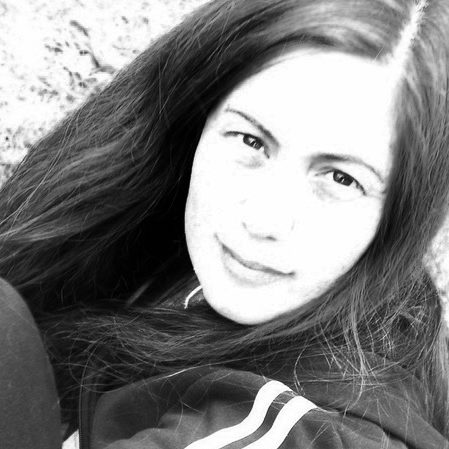






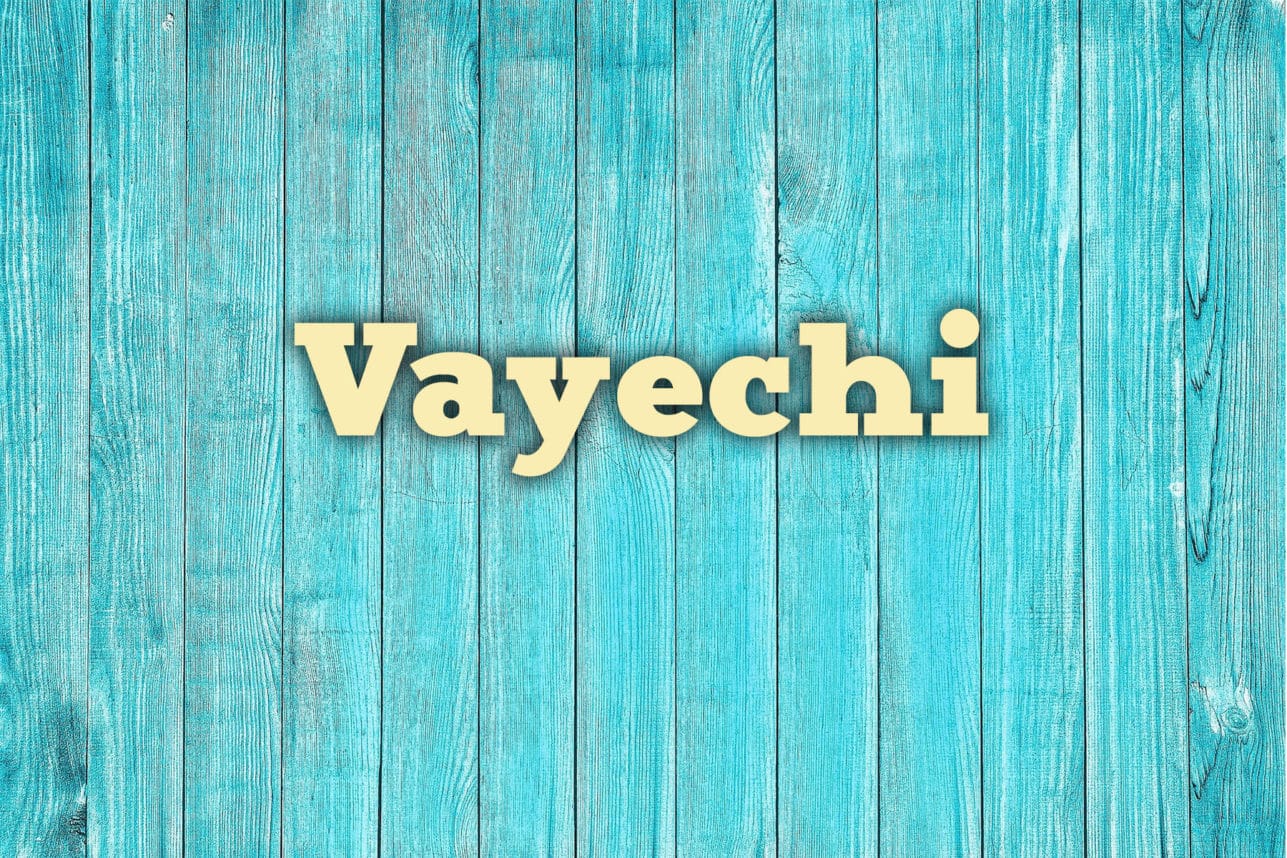
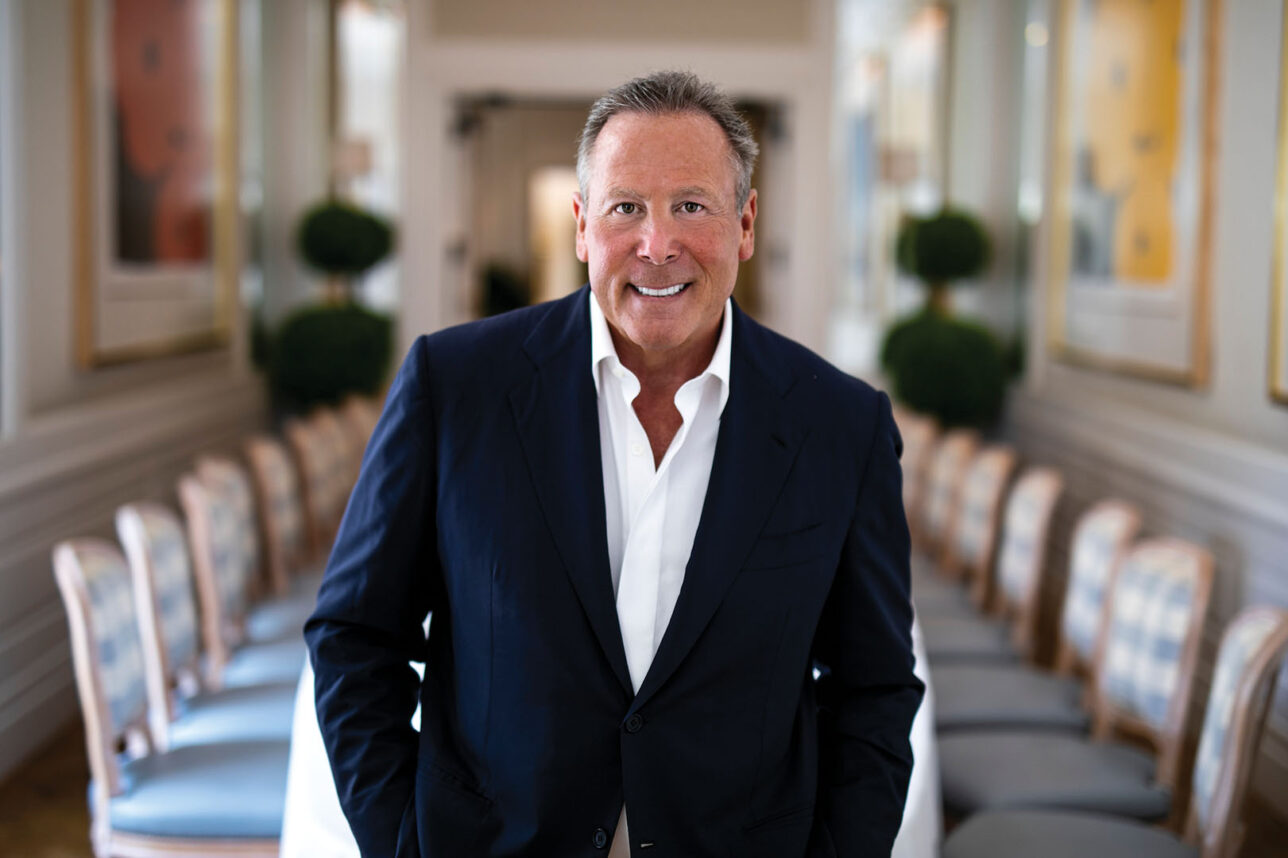
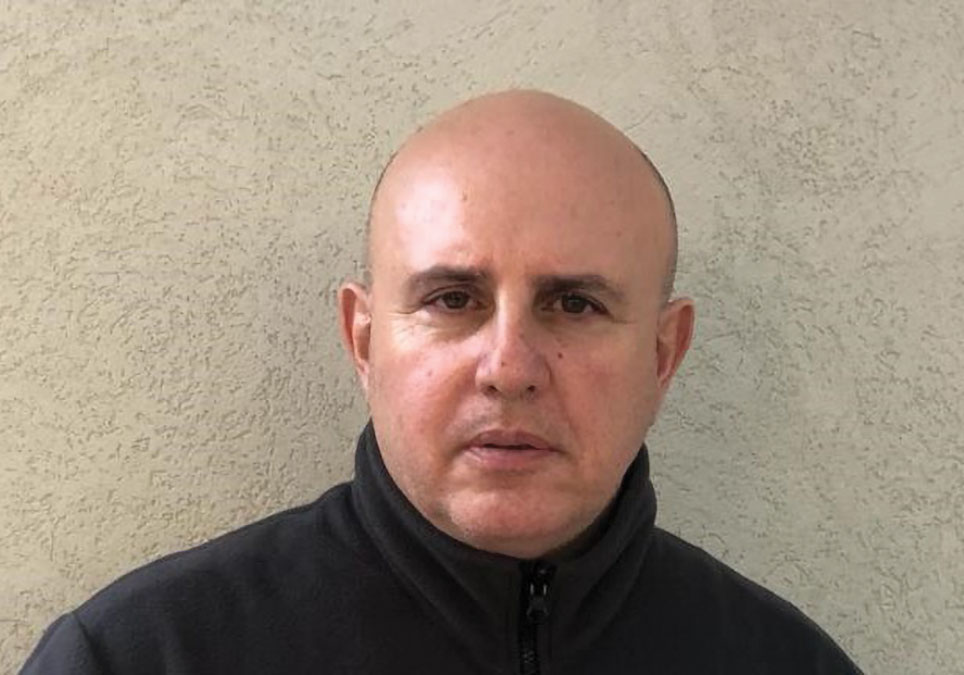
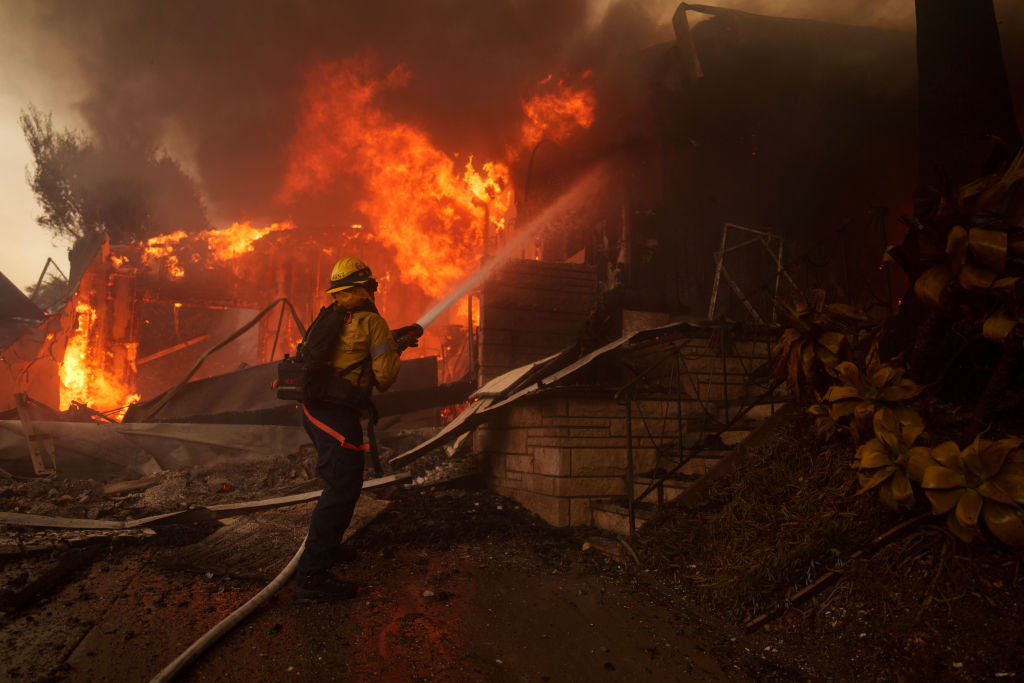
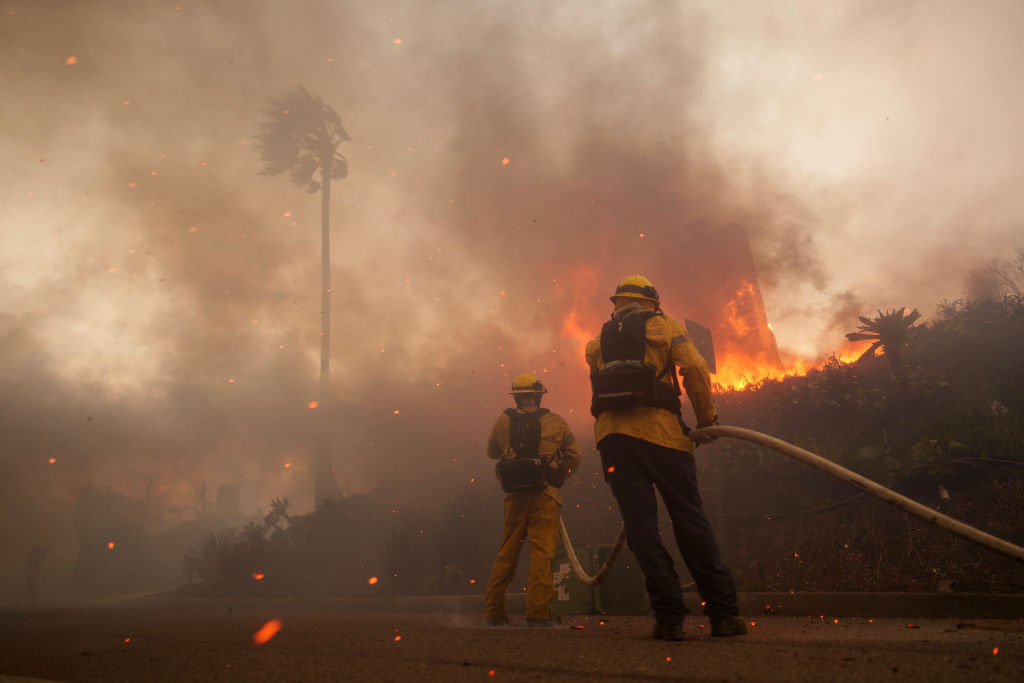
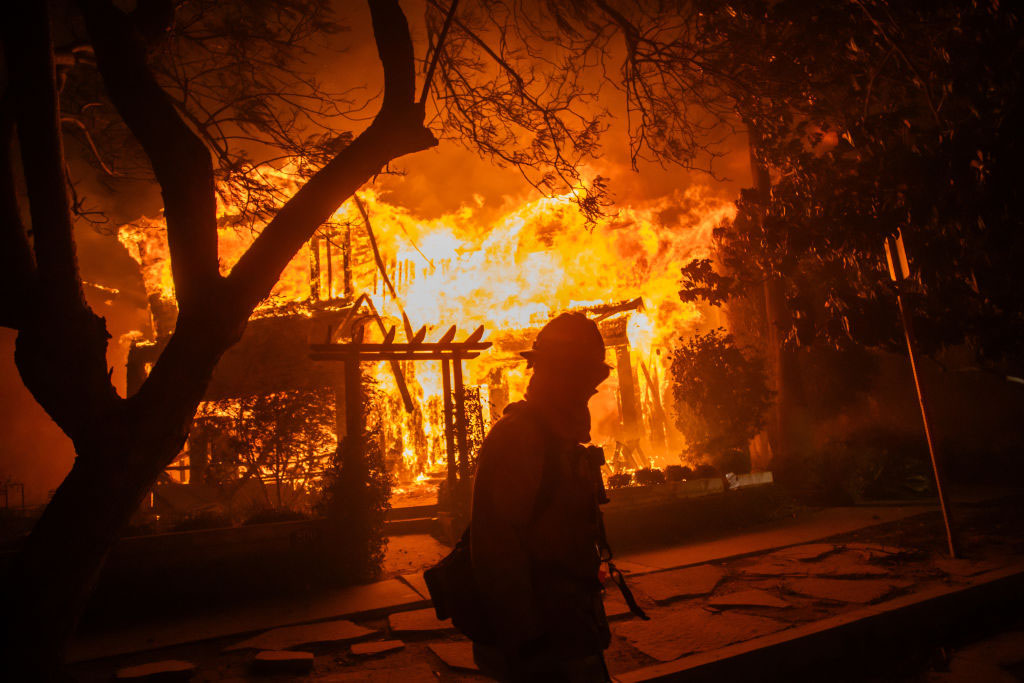
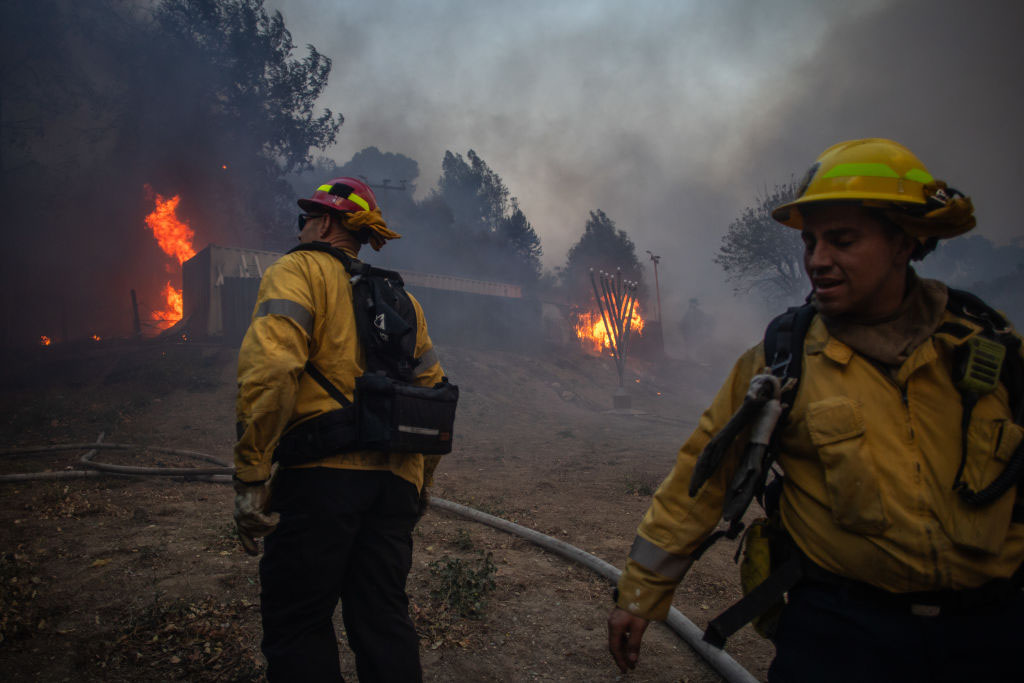
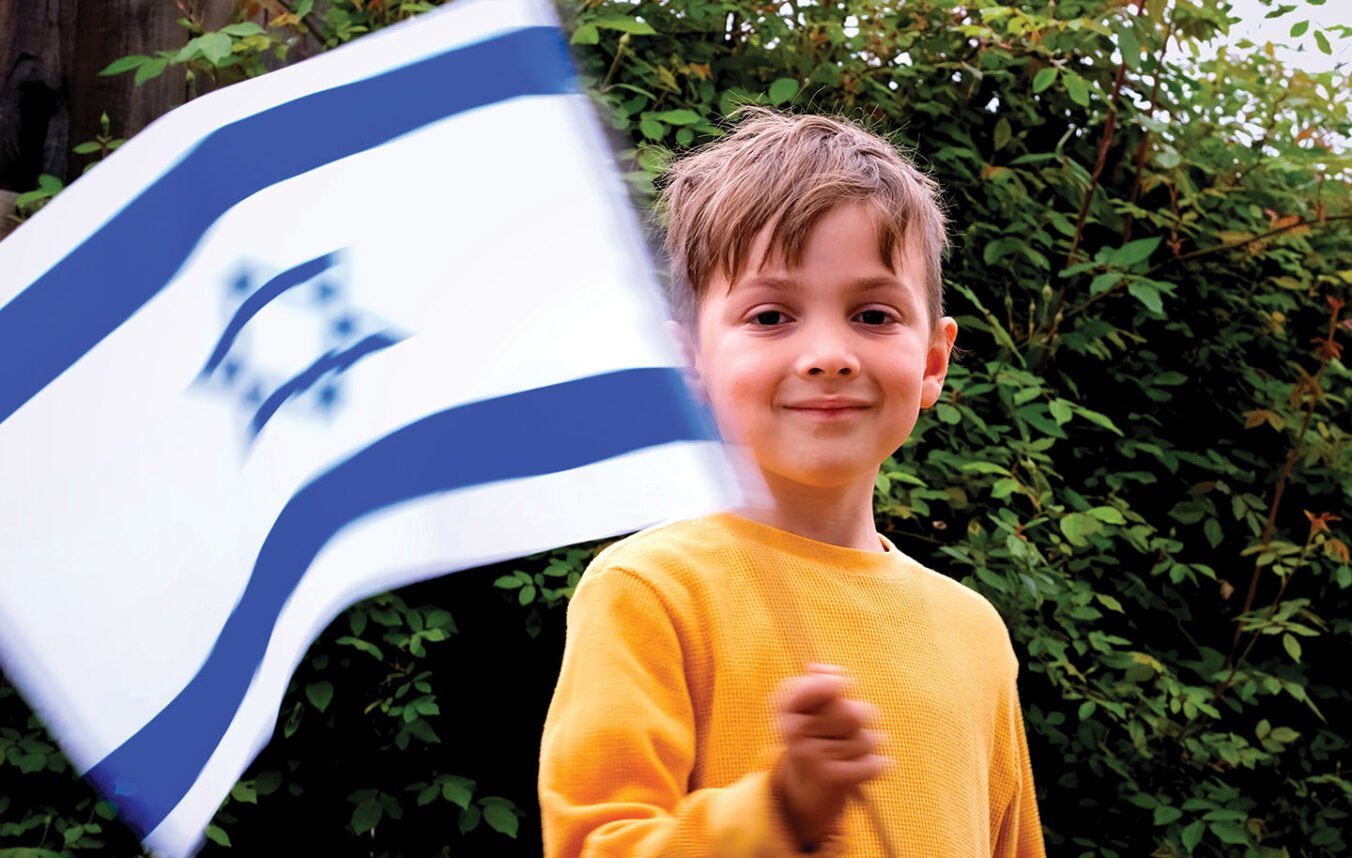
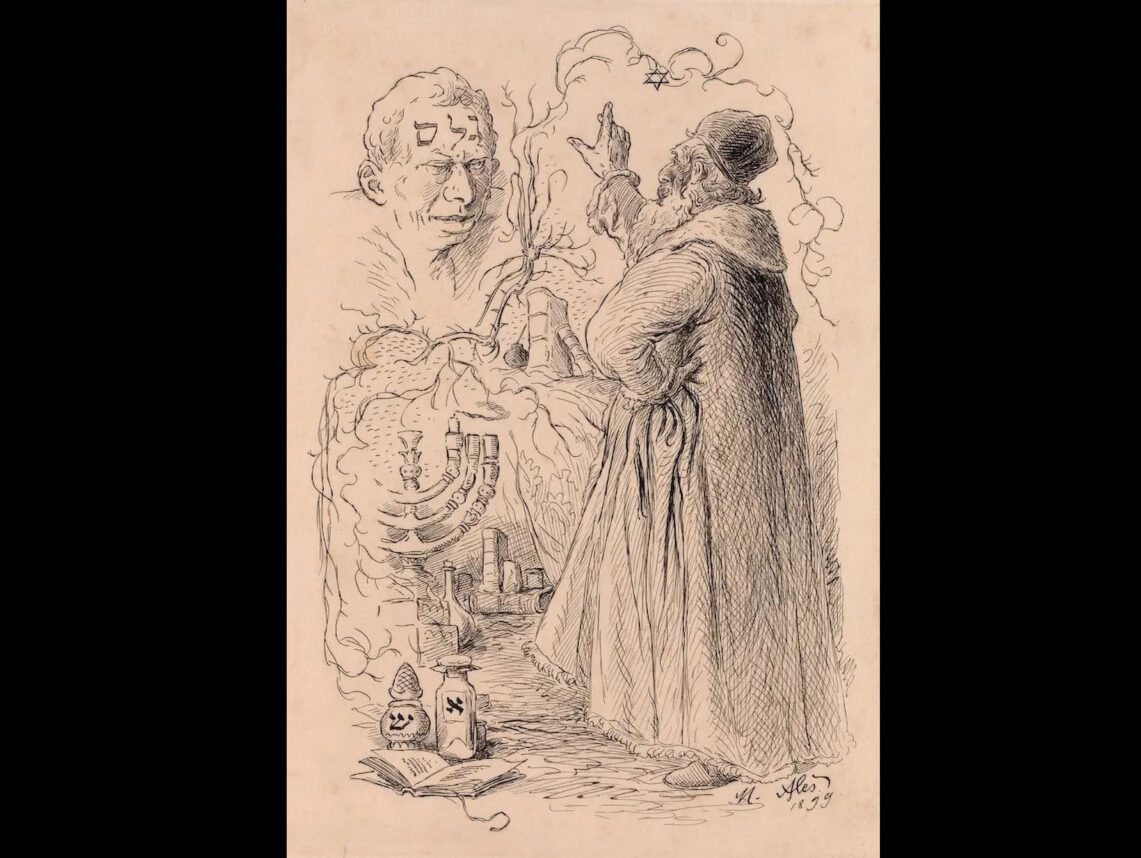
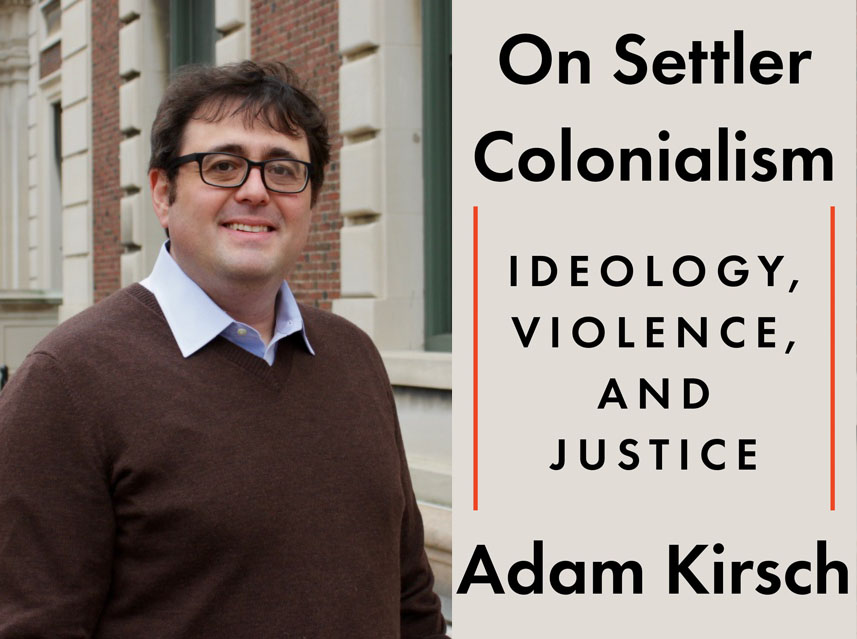
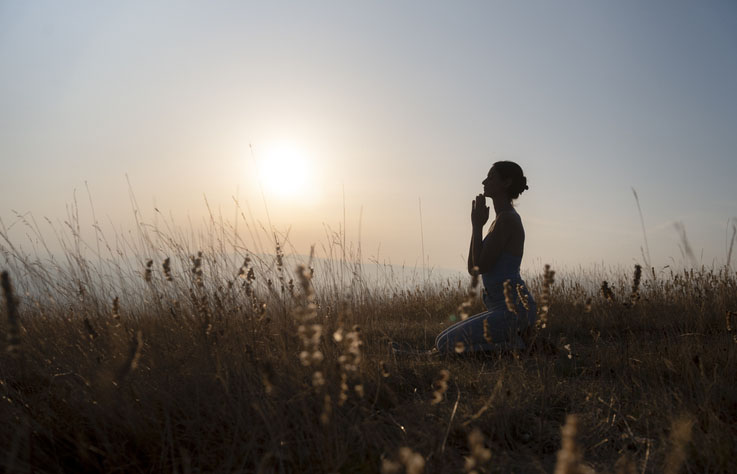





 More news and opinions than at a Shabbat dinner, right in your inbox.
More news and opinions than at a Shabbat dinner, right in your inbox.